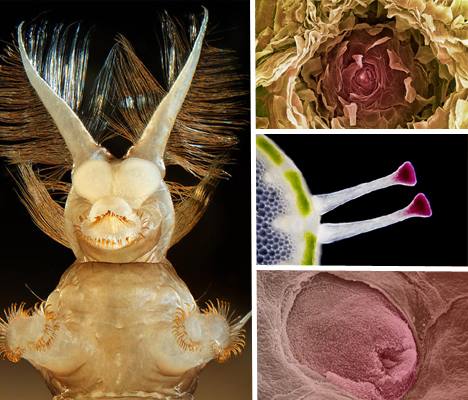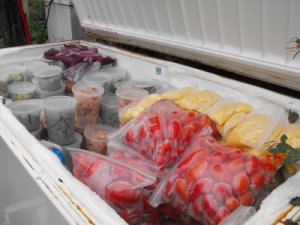

Have you ever woken up to a morning so cold you thought to yourself “I don’t see how anything lives in this type of cold”? Well, scientists have finally discovered the lowest temperature where simple life can grow and flourish. We aren’t talking about basic surviving (like the famous tardigrade), we’re talking living, breathing life going about doing its business eating, sleeping, and just general awesome living in the microscale.
And, that magic number is…
-20 °C (or -4 °F)
At minus 20, single celled organisms dehydrate and either die or go into hibernation. The point is they stop their biological functions, their life cycle goes into standby mode, and the cell waits for conditions that are more favorable before doing anything. Since the organisms don’t eat or reproduce, -20 degrees °C is officially the lowest temperature limit for life on our little world.
I’ll reiterate that this does not concern the process of vitrification. Vitrification is the process of “controlled dehydration” or “controlled freezing” that a cell undergoes when temperatures get too cold. When a cell vitrifies, scientists don’t consider it a living entity because it can’t reproduce or metabolize, or generally do anything resembling life processes. Organisms can survive MUCH lower temperatures when vitrified, but are just worthless until the temperature warms up.
More complex organisms (I’m talking to you people who live in freakishly cold places) can survive lower temperatures because they are able to regulate the our internal temperatures and the environment around our skin to some extent. We are more versatile, but it’s cheating to compare a human to a single celled organism.
Professor Andrew Clarke, from the NERC’s British Antarctic Survey, elaborated, “Bacteria, unicellular algae and unicellular fungi – of which there are a huge amount in the world-are free-living because they don’t rely on other organisms. Everything else, like trees and animals and insects, has the ability to control the fluid that surrounds their internal cells. In our case it’s blood and lymph. In a complicated organism, the cells sit in an environment that the organism can control. Free-living organisms don’t have this; if ice forms in the environment they are subject to all the stresses that implies.”

An unexpected side effect of this study helped to explain why freezing your food is a great method for long-term storage. Most commercial freezers operate around -20 °C, so bacteria is unable to reproduce and feast on your food. This gives scientists a mechanism for the reason why domestic freezers work really well for preserving your perishables.
Science: advancing the boundaries of our understanding from life to freezers.